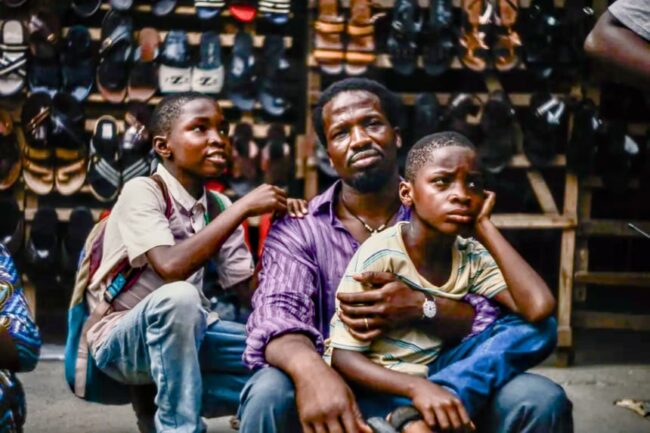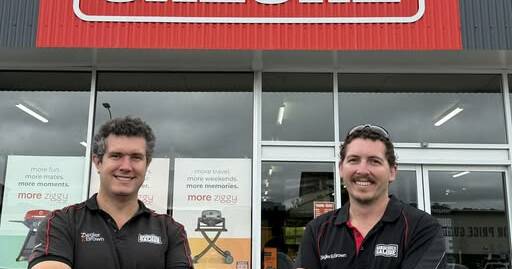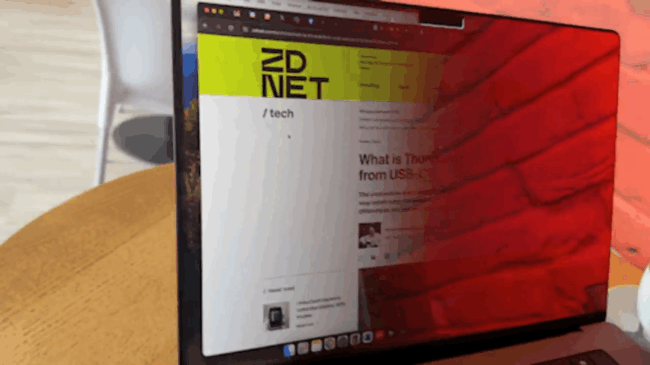Review: My Father’s Shadow — Movies for the Rest of Us with Bill Newcott
… Reviewed at the Toronto International Film Festival
Two generations draw … of gathering darkness, the film etches a vivid portrait … unanswered; mysteries that the filmmakers apparently intend to be after … dead ends. Still, the movie immerses its audience in a …







